Who Existed?
We might think of history as over and settled, but it's rarely that simple. The past can only be reconstructed with the evidence we have available, and there frequently isn't enough to make claims with confidence--including about who existed and who didn't.
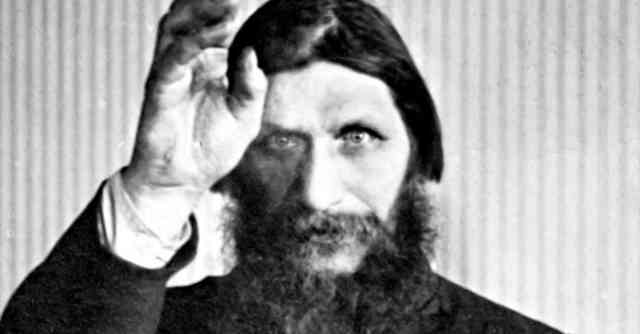
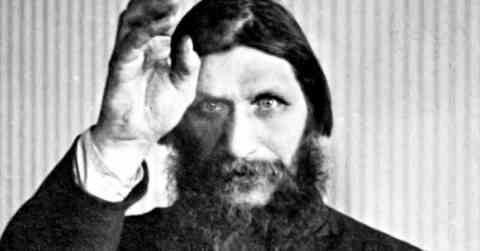
We might take it for granted that these famous historical figures existed, but not everyone is convinced. And sometimes, for good reason.
Mulan
Most people these days associate Mulan with the hit Disney film of the same name. But that character was based on a real woman from Chinese history...maybe.


The legend of Hua Mulan has been a part of Chinese culture for centuries, and it deals with a woman who takes her father's place in the military and gains prestige and honor there. While there aren't any fantastical elements to this story, most scholars today believe the tale of Hua Mulan to be more myth than fact.
Robin Hood
He steals from the rich and gives to the poor--what's not to love about the ethically complicated scamp that is Robin Hood? While there have been numerous ballads and stories inspired by him, no one really knows much about the original Robin Hood, if he even existed at all.
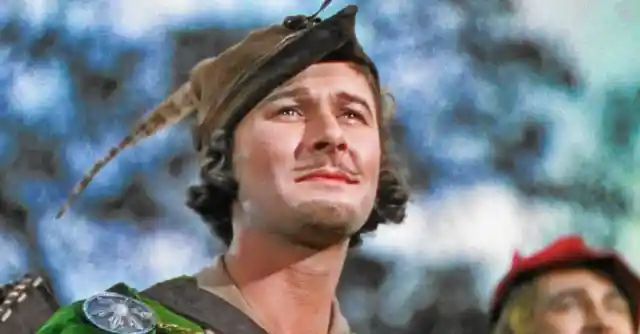

One of the biggest problems is the name--both Robin and Hood were common names during the 13th century (when he was said to exist), making pinpointing a specific individual difficult to do.
Hercules
Hercules was always a larger-than-life hero, but over time his story was made more elaborate and he, as a character, was brought closer to the status of the gods than other heroes.
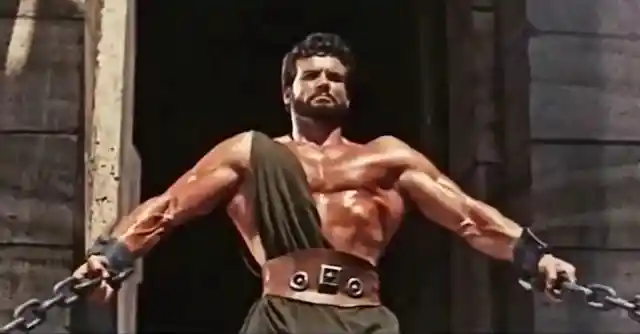
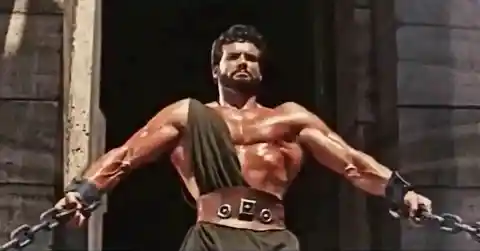
Historians believe the legends of Hercules may be evidence that heroes, and even gods, could have originated from real men from the distant past, but nobody can definitively prove if Hercules existed or not.
King Arthur
King Arthur is possibly the most iconic king of Britain, and he's almost certainly legendary.
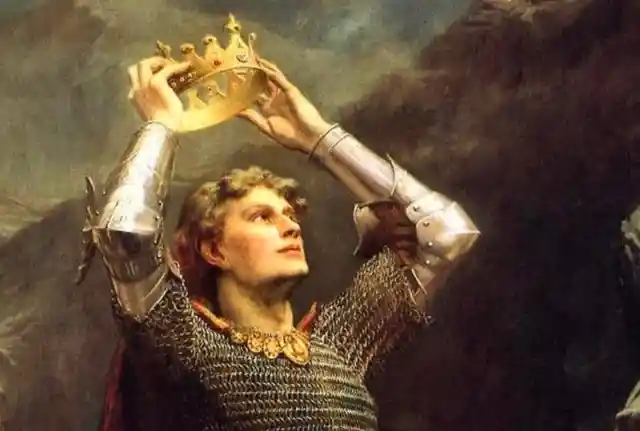
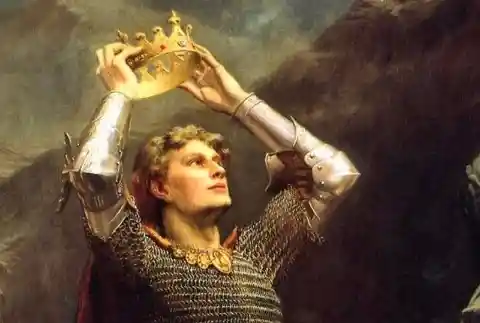
His reign is dated between the 5th and 6th centuries, but accounts of this famous king don't start showing up until the 9th century--and his Knights of the Round Table don't start getting written about until the 12th!
William Shakespeare
There are many people who question William Shakespeare’s legacy and the legitimacy of his work. Researchers believe Shakespeare wrote under a pen name, but some others still question his existence due to a lack of knowledge about his background.
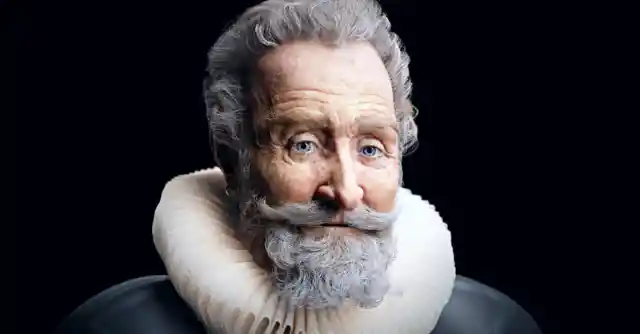
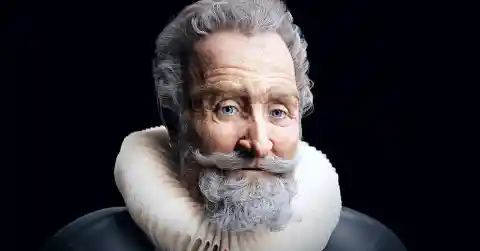
A theory uncovered by schoolteacher J. Thomas Looney posits that Shakespeare was actually a man named Edward de Vere. The theory suggests de Vere’s work was published after his death under the name William Shakespeare.
Jesus
One of the most famous and controversial figures of all time, Jesus is a person whose historicity continues to be debated to this day.


While some thinkers believe that someone served as the inspiration for the stories about Jesus (miracle-working Messiahs were a fad at the time), there's no way to verify that the stories found in the Gospels are actually accurate.
Helen Of Troy
Helen of Troy was an important figure in Homer's Odyssey and Iliad, as well as Greek mythology in general.
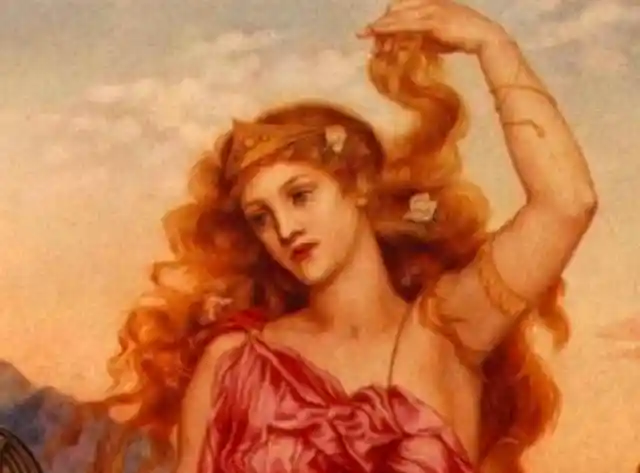
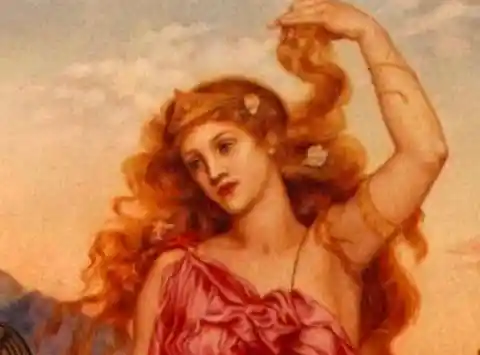
Allegedly she was the most beautiful woman in the world, and while there is some evidence that the city of Troy existed, Helen's existence is much more dubious.
Jack The Ripper
Jack the Ripper was a 19th-century serial killer responsible for the deaths of at least five women but possibly more.
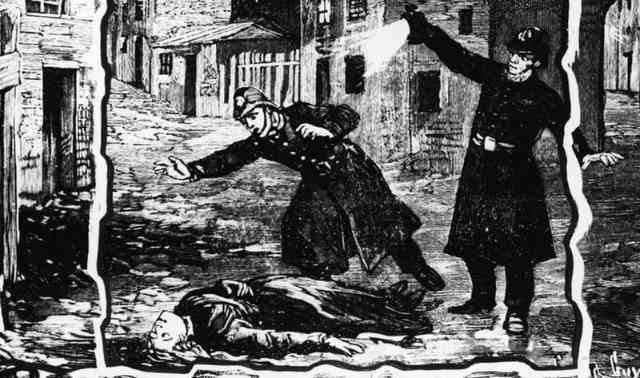
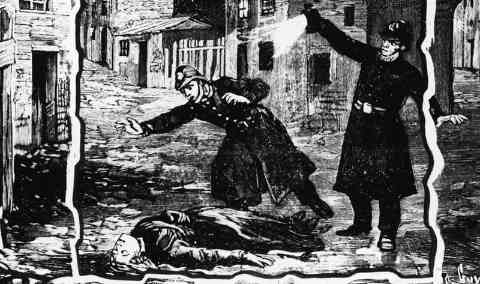
While their deaths were genuine historical facts, the person responsible is not so clear. Some have speculated that multiple people were responsible for the various murders.
Pythagoras
Anyone who has taken a high school geometry class knows about Pythagoras and his famous theorem. Or at least we think we know about him.
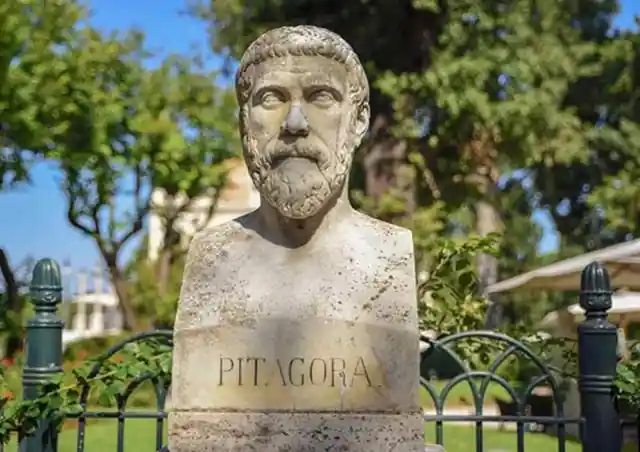
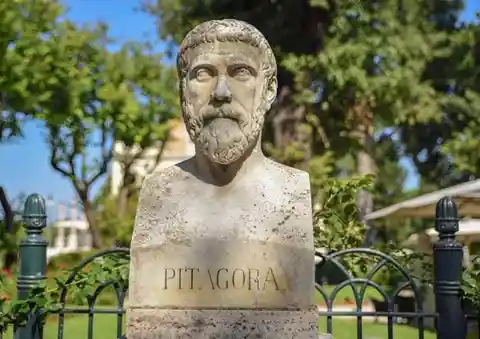
In reality, everything we know about Pythagoras came from the writings of his followers, and many of these accounts are highly mythologized--including that Pythagoras was the son of Apollo. The man may very well have existed, but he's probably quite different from the stories told about him.
Homer
With his epic poems The Odyssey and The Iliad, Homer is one of the earliest and most influential authors on later literary tradition--and his identity and existence continue to be debated by scholars to this day.


Because biographical information about him is scarce, it's difficult to assess his true identity. And some say he was completely fictional and invented to give his two epic poems a single, coherent author.
Betty Crocker
Betty Crocker has been providing us with the ingredients for delicious baked goods for years.
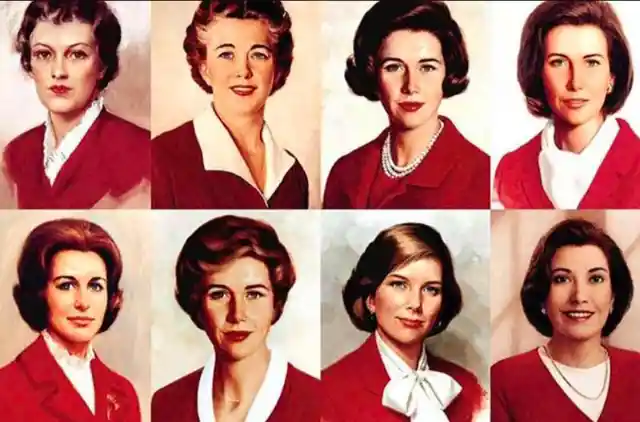
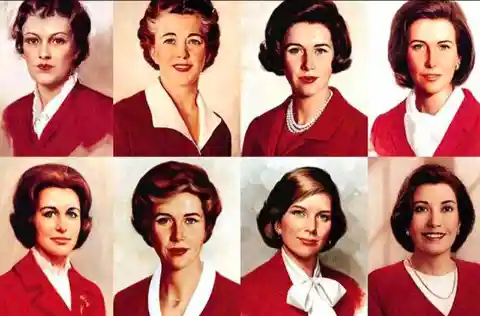
But brace yourself for something bitter--Betty Crocker unequivocally does not exist. The name was chosen by the bigwigs at General Mills because they thought it sounded friendly.
Rosie The Riveter
Rosie the Riveter was an iconic figure during World War II depicted as an American woman doing her part to support the war effort by manufacturing ammunition and other supplies.


However, there was no single Rosie. Instead, she was meant to represent the collective American women who supported the war effort at home through manufacturing.
Sun Tzu
The Art of War is an ancient Chinese book about military strategy attributed to the great Chinese general Sun Tzu.
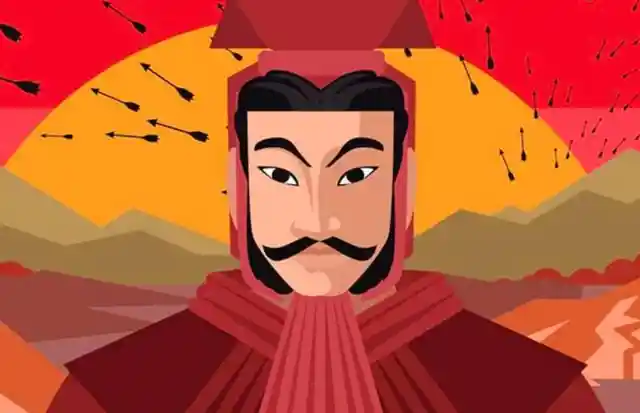

Doubts about his existence have persisted since the 12th century, and many believe The Art of War is a compilation of military knowledge over decades or centuries, not the work of a single author.
William Tell
William Tell was allegedly a man from the 14th century who was forced to shoot an apple off of his son's head with a bow.


Normally we would be disappointed to find out someone wasn't real, but in this case, we're kind of glad that no one has been able to find any hard evidence of William Tell and his iconic shot.